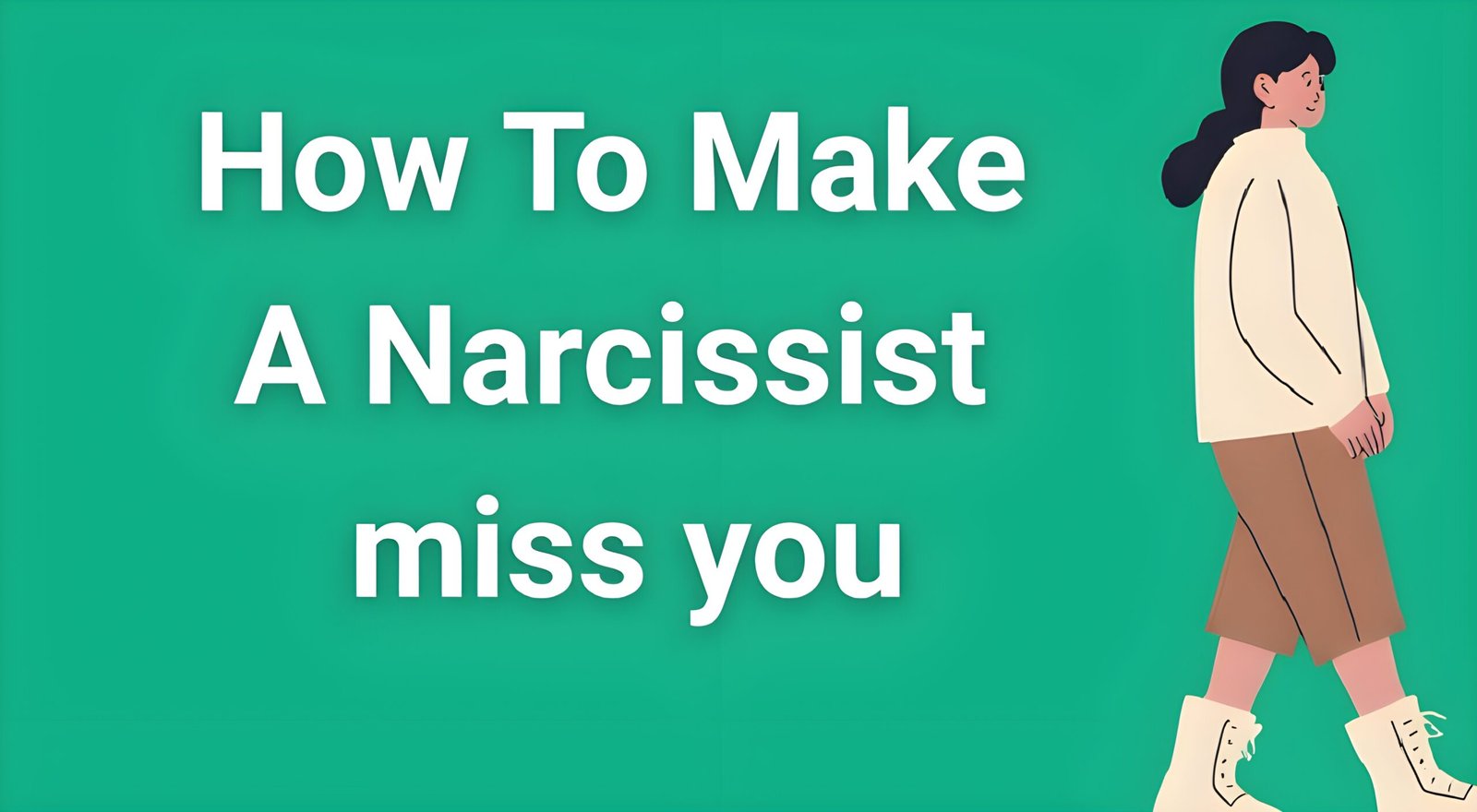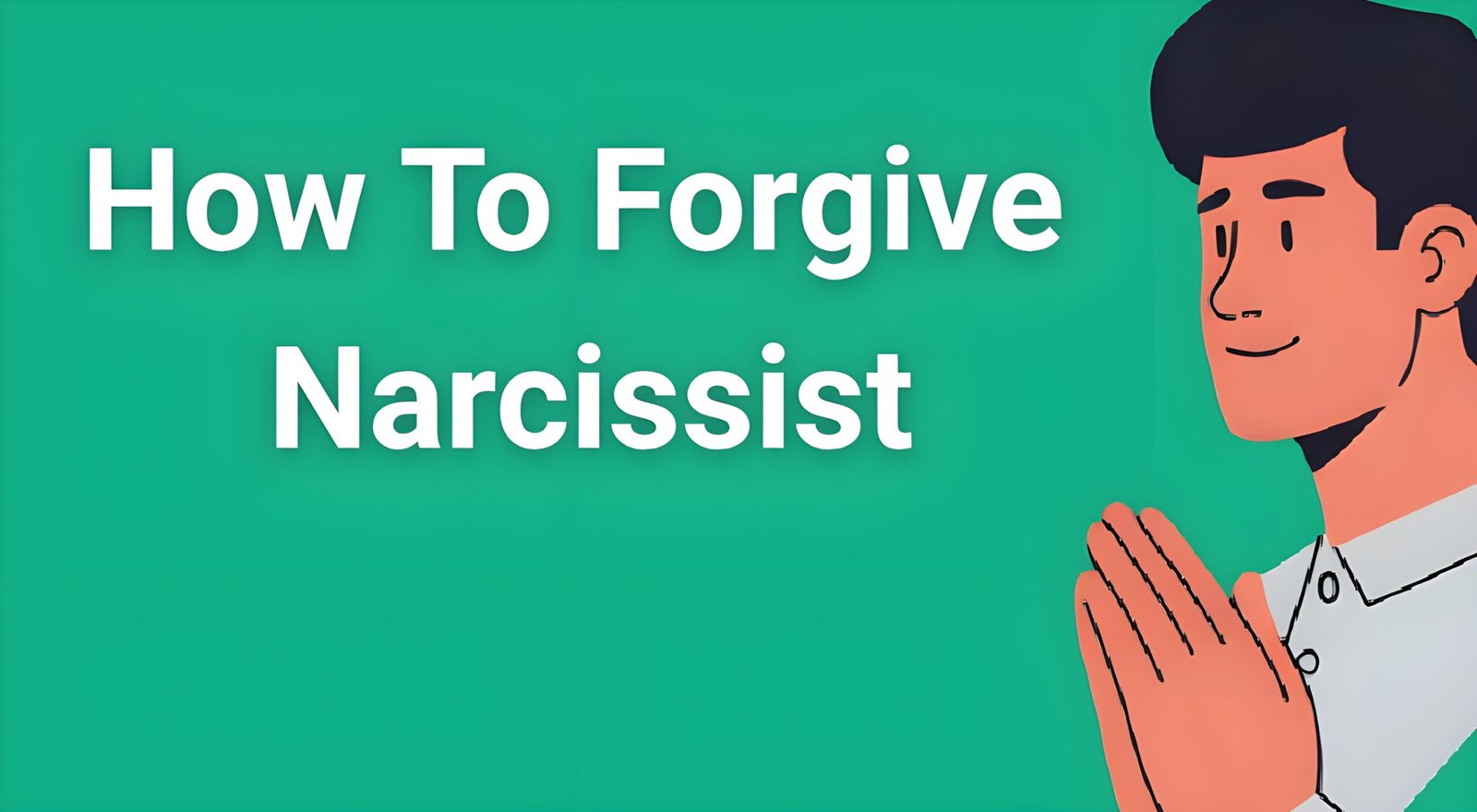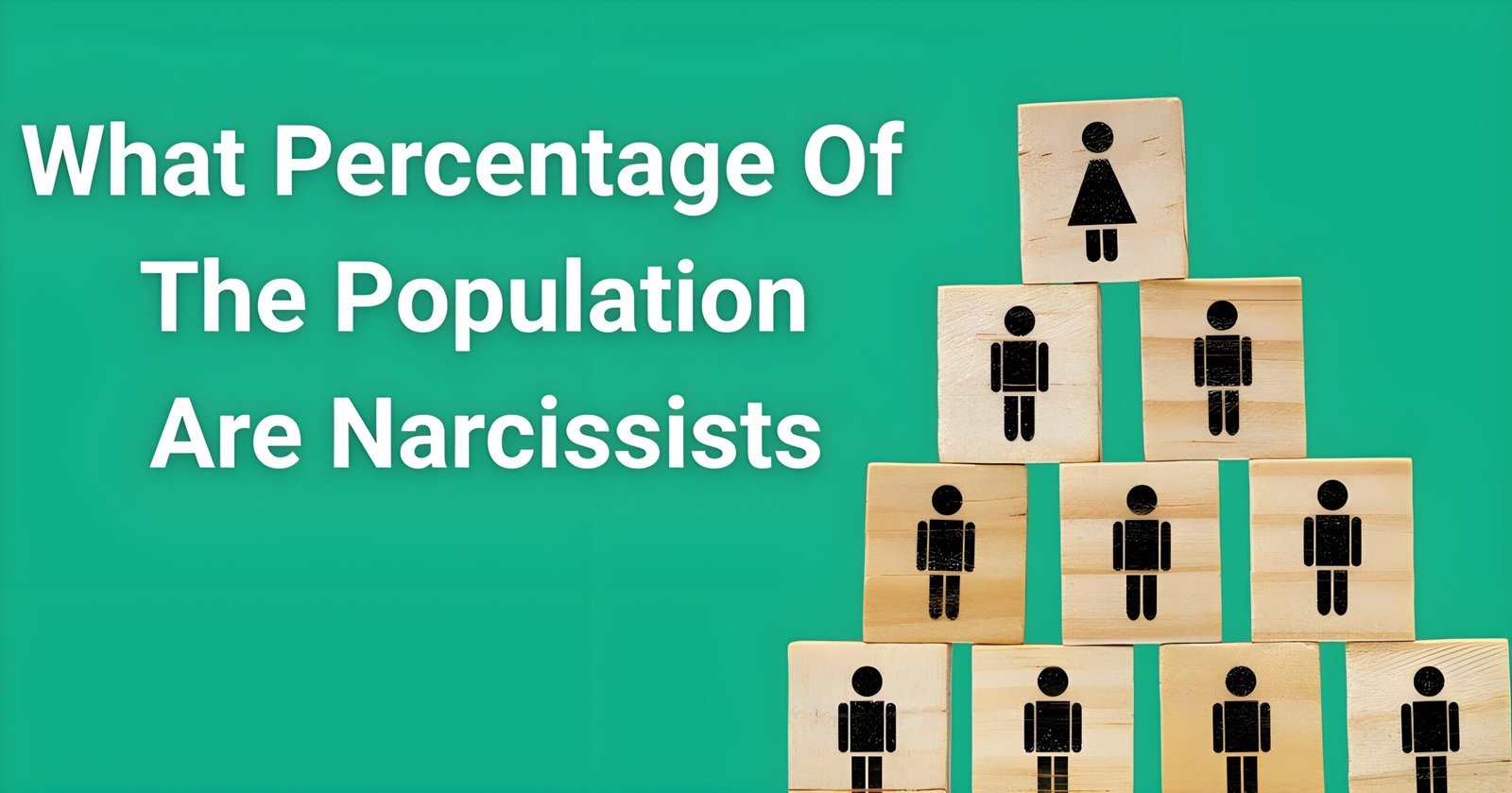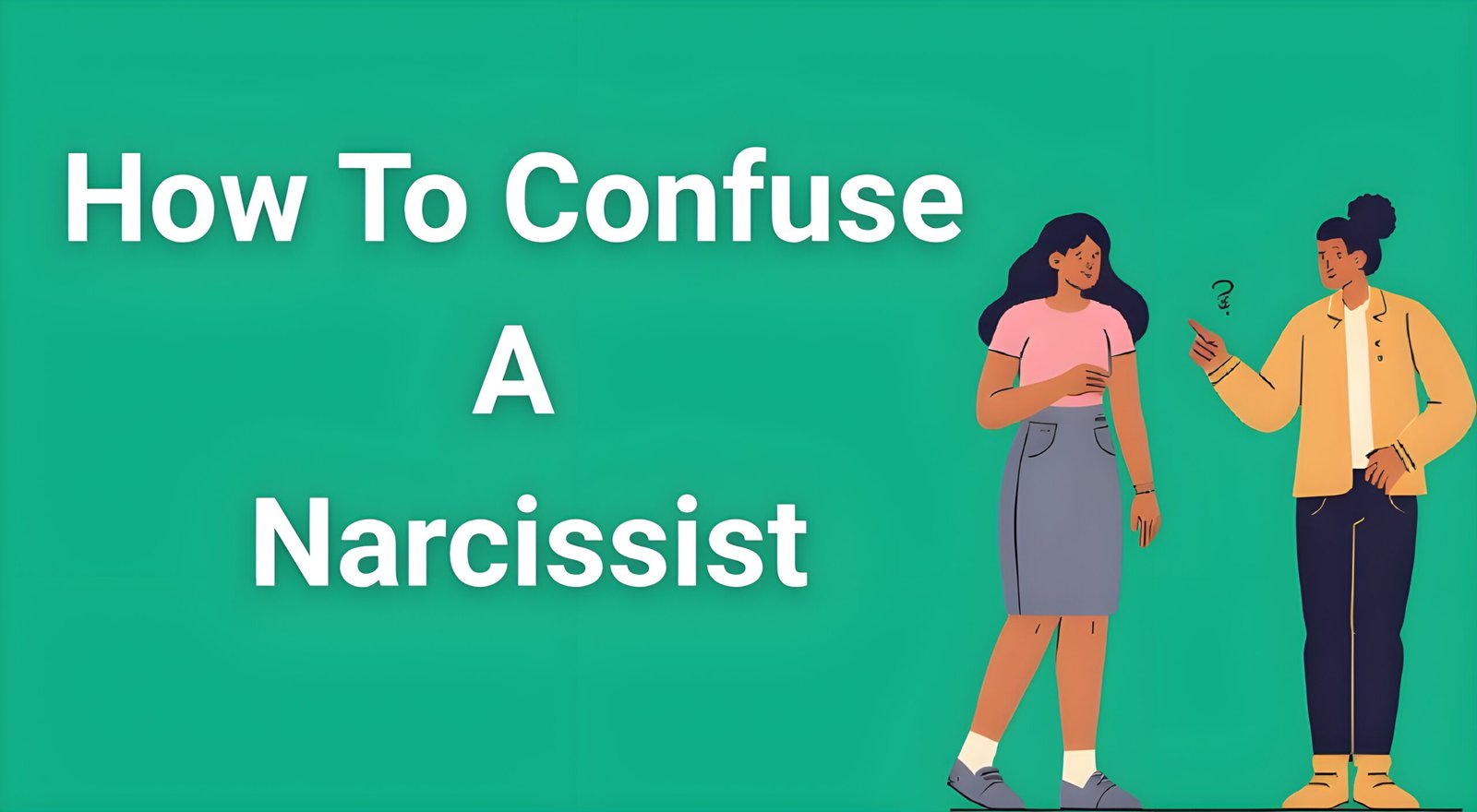Being discarded by a narcissist feels like having your soul ripped apart. One moment you’re their everything, the next you’re invisible—replaced, forgotten, or worse, mocked. But here’s what they don’t want you to know: how to make a narcissist miss you isn’t just possible, it’s a pathway to reclaiming the power they stole from you.
- The Brutal Truth: Do Narcissists Actually Miss People?
- Why Traditional Advice Fails Miserably
- The Psychology Behind Making a Narcissist Miss You
- 7 Proven Strategies to Make a Narcissist Miss You
- What Happens When These Strategies Work
- The Dangerous Truth About Making a Narcissist Miss You
- When Making Them Miss You Becomes Self-Sabotage
- The Ultimate Goal: Reclaiming Your Power
- Moving Forward: Your Next Steps
- Frequently Asked Questions
- Conclusion: Your Journey from Survival to Empowerment
The desperate need to make them miss you isn’t weakness—it’s your psyche trying to restore balance after psychological warfare. Understanding narcissistic psychology and implementing strategic responses can shift the power dynamic permanently, whether you want them back or simply need closure and validation.
The Brutal Truth: Do Narcissists Actually Miss People?
Before diving into strategies, you need to understand a fundamental truth that changes everything: narcissists don’t miss people the way healthy individuals do. They don’t miss your laugh, your cooking, or quiet Sunday mornings together.
What narcissists actually miss:
- The constant stream of admiration (narcissistic supply)
- Having someone available to regulate their emotions
- The control and power they held over you
- Easy access to validation when their ego needs feeding
- Someone who made their life convenient and effortless
This distinction is crucial because it reframes your entire approach. You’re not trying to make them miss your love—you’re making them miss what you provided as their emotional life support system.
Why Traditional Advice Fails Miserably
Most relationship advice assumes you’re dealing with someone capable of empathy, remorse, and genuine connection. With narcissists, traditional approaches backfire spectacularly:
What doesn’t work:
- Explaining how much they hurt you (provides supply)
- Trying to make them understand your feelings (they don’t care)
- Begging or pleading (confirms their superiority)
- Arguing about their behavior (more supply and drama)
- Threatening to leave without following through (empty words)
Why these fail: Every emotional reaction you give feeds their need for control and validation. Your pain, anger, and desperation are exactly what they crave—proof of their impact and power over you.
The Psychology Behind Making a Narcissist Miss You
Understanding narcissistic psychology is your secret weapon. Narcissists operate on a simple principle: they need constant external validation to maintain their inflated self-image. When that supply suddenly stops, they experience what psychologists call “narcissistic injury.”
The narcissistic supply cycle:
- Idealization Phase: You’re perfect, amazing, their soulmate
- Devaluation Phase: Criticism, gaslighting, emotional abuse begins
- Discard Phase: They leave or push you away
- Hoover Phase: They attempt to suck you back in when supply runs low
Most people get stuck in the cycle, but understanding it gives you the roadmap to break free and make them desperately want what they lost.
7 Proven Strategies to Make a Narcissist Miss You
1. Implement Complete Radio Silence
This isn’t ordinary “no contact”—this is strategic emotional withdrawal that creates psychological pressure.
How to execute radio silence:
- Block them on all platforms immediately
- Don’t respond to any communication attempts
- Remove all photos and memories from your social media
- Tell mutual friends you’re not discussing the relationship
- Change your routines to avoid accidental encounters
Why it works: Narcissists are addicted to your attention like a drug. Sudden withdrawal creates genuine panic because their supply source disappeared without warning. They’ll initially rage, then desperately try to reestablish contact.
Warning signs it’s working: Flying monkeys (friends/family) start asking about you, they create fake accounts to check your social media, or they show up at places you frequent.
2. Become Mysteriously Unavailable
Transform from someone who was always accessible into someone with an intriguing, busy life they can’t penetrate.
Strategic unavailability tactics:
- Don’t answer calls or texts immediately (if contact is necessary)
- Seem genuinely busy when they try to engage
- Have others mention you’re doing well without providing details
- Post subtle social media content showing your thriving life
- Appear at social events looking confident and unbothered
The psychological effect: Narcissists need to feel they’re the center of your universe. When you seem perfectly fine without them, it creates cognitive dissonance—their internal narrative that you need them crumbles.
3. Strategic Social Media Presence
Your social media becomes a carefully curated window into a life that’s flourishing without them.
What to post:
- Photos of you looking genuinely happy and confident
- New experiences, travel, personal growth activities
- Time with friends who clearly enjoy your company
- Achievements or milestones (subtle, not bragging)
- Content that shows emotional healing and strength
What not to post:
- Quotes about narcissism or toxic relationships
- Obvious attempts to make them jealous
- Emotional breakdown content or victim narratives
- Direct or indirect references to your past relationship
Why this works: They’ll obsessively check your profiles expecting to see you suffering. Instead, they see someone who’s not only surviving but thriving—something their ego can’t accept.
4. Master the Art of Indifference
When contact is unavoidable (shared children, workplace, etc.), respond with calm, detached politeness that gives them nothing to feed on.
Indifference in action:
- Keep conversations brief and business-like
- Show no emotional reaction to their attempts to provoke
- Respond with neutral phrases: “I understand,” “That’s your choice,” “Okay”
- Don’t defend yourself against their accusations
- Treat them like a polite stranger, nothing more
The power of gray rock: This technique makes you so boring and unresponsive that they lose interest in trying to manipulate you. Your lack of reaction becomes a form of rejection they can’t handle.
5. Elevate Your Life Visibly
This isn’t about revenge—it’s about becoming the person they thought they could never lose, then showing them exactly what they discarded.
Areas to focus on:
- Physical transformation (new style, fitness, confidence)
- Career advancement or new opportunities
- Social circle expansion with quality people
- Hobbies and interests that bring genuine joy
- Personal development and emotional healing
Why elevation works: Narcissists believe they’re losing nothing valuable when they discard you. Seeing you flourish challenges this belief and creates what psychologists call “loss aversion”—the fear they made a terrible mistake.
6. Control the Narrative
If you share mutual social circles, ensure your story is the one people remember—not through gossip, but through your actions and character.
Narrative control strategies:
- Let your behavior speak louder than words
- Be the stable, reliable presence in group settings
- Show genuine interest in others’ lives
- Avoid discussing the relationship drama
- Focus conversations on positive future plans
The subtle impact: When people consistently see you as the reasonable, stable one while the narcissist creates drama elsewhere, their credibility crumbles and yours rises.
7. Build Psychological Immunity
The ultimate strategy is developing such strong boundaries and self-worth that their opinion becomes irrelevant—but they can sense your newfound strength.
Building immunity involves:
- Understanding your own trauma responses and triggers
- Developing a support network of people who truly know you
- Creating new identity beyond being their victim
- Learning to validate yourself instead of seeking their approval
- Setting boundaries that you actually enforce
Why immunity is powerful: Nothing threatens a narcissist more than someone who genuinely doesn’t need their validation. Your independence becomes magnetic because it’s something they can’t manipulate or control.
What Happens When These Strategies Work
When a narcissist starts missing you, their behavior follows predictable patterns:
Phase 1: Confusion and Testing
- They’ll test whether you’re really gone
- Send casual “checking in” messages
- Use mutual friends to gather information
- Create situations to force contact
Phase 2: Escalation and Hoovering
- Love bombing attempts with gifts or grand gestures
- Promises to change and be different
- Emotional manipulation (“I realize what I lost”)
- Creating emergencies that “require” your help
Phase 3: Rage and Punishment
- Anger when hoovering fails
- Attempts to damage your reputation
- Using others to hurt you indirectly
- Extreme behaviors to get any reaction
Phase 4: Acceptance or Continued Cycling
- They either find new supply and move on
- Or continue the cycle with increasing desperation
The Dangerous Truth About Making a Narcissist Miss You
Here’s what no one tells you: successfully making a narcissist miss you can be more dangerous than being ignored by them. When you become the one who got away, you become their obsession—and obsessed narcissists can become unpredictable.
Potential risks include:
- Escalated stalking or harassment behaviors
- Attempts to sabotage your new relationships or opportunities
- Using shared children as weapons if applicable
- Legal harassment through false accusations
- Physical safety concerns in extreme cases
This is why having a solid support system and safety plan is crucial before implementing these strategies.
When Making Them Miss You Becomes Self-Sabotage
Sometimes the desire to make a narcissist miss you indicates you’re still trauma bonded—psychologically addicted to the relationship’s intensity. If you find yourself obsessing over their reaction or constantly checking for signs they miss you, you might need professional support.
Signs you’re still trauma bonded:
- Checking their social media compulsively
- Feeling withdrawal symptoms when they don’t respond
- Making decisions based on how they might react
- Finding it difficult to imagine life without their attention
- Experiencing physical symptoms when they ignore you
If these describe your experience, consider exploring specialized resources like trauma bond recovery programs that address the neurological addiction aspect of narcissistic relationships.
The Ultimate Goal: Reclaiming Your Power
Making a narcissist miss you should never be the end goal—it should be a natural byproduct of reclaiming your power and rebuilding your life. The real victory isn’t them wanting you back; it’s reaching the point where their opinion no longer controls your happiness.
True power recovery looks like:
- Making decisions based on your values, not their reactions
- Building relationships with emotionally healthy people
- Trusting your perceptions and reality
- Setting boundaries without guilt or fear
- Finding joy in life beyond their approval
Professional support accelerates recovery: While these strategies can help you regain psychological ground, working with specialists who understand narcissistic abuse can provide personalized insight into your specific situation and relationship patterns.
Moving Forward: Your Next Steps
If you’re ready to stop being controlled by someone who never truly valued you, start with one strategy and build momentum. Remember: the goal isn’t to win them back—it’s to win yourself back.
Immediate action steps:
- Choose one strategy that feels manageable and commit to it completely
- Build a support network of people who understand narcissistic abuse
- Document your progress to see how far you’ve come
- Prioritize your physical and emotional safety above all else
- Consider professional guidance for complex situations
The journey from victim to survivor to thriver isn’t linear, but every step away from their control is a step toward the life you deserve. You survived their worst—now it’s time to discover your best.
Frequently Asked Questions
Q: How long does it take for a narcissist to miss you after no contact?
A: Typically 2-8 weeks, depending on their other supply sources and your previous role in their life. However, their “missing you” is about missing what you provided, not genuine emotional connection.
Q: Will ignoring a narcissist make them want you more?
A: Yes, because narcissists are driven by challenge and conquest. When you become unavailable, you trigger their need to regain control and prove their power over you.
Q: Can a narcissist truly change if they miss you enough?
A: Genuine change in narcissistic personality disorder is extremely rare and requires years of specialized therapy. Missing you typically motivates temporary behavioral changes, not core personality transformation.
Q: What if we have children together and I can’t go no contact?
A: Use “gray rock” technique during necessary interactions—be boring, brief, and business-like. Focus on parallel parenting rather than co-parenting, and document all interactions.
Q: How do I know if I’m trauma bonded or genuinely want them back?
A: Trauma bonding involves physical withdrawal symptoms, obsessive thinking, and making decisions based on their reactions. Genuine desire involves wanting a healthy relationship with the person they showed themselves to be, not who they pretended to be.
Q: Is it normal to want a narcissist to miss me even though they hurt me? A: Absolutely normal. This desire often stems from needing validation that the relationship meant something and that your pain was acknowledged. It’s part of the healing process for many abuse survivors.
Conclusion: Your Journey from Survival to Empowerment
Learning how to make a narcissist miss you is ultimately about so much more than gaining their attention—it’s about reclaiming the narrative of your own life. When you implement these strategies with the right mindset, something profound shifts within you. You stop being someone who reacts to their behavior and become someone who chooses your own responses.
The beautiful irony is that the moment you truly stop needing them to miss you is often when they feel your absence most acutely. This isn’t about games or manipulation—it’s about authentic personal transformation that naturally creates the psychological distance narcissists find unbearable.
Remember that your worth was never determined by their treatment of you. Their inability to value what they had speaks to their limitations, not yours. You were never the problem that needed fixing; you were the solution they were too damaged to appreciate.
The strategies outlined in this guide work because they align with psychological principles, but their real power lies in how they help you rediscover your own strength. Each time you choose silence over explanation, indifference over reaction, and growth over stagnation, you’re not just making them miss you—you’re remembering who you are beneath the layers of their conditioning.
Your healing journey doesn’t end when they notice your absence or even when they desperately want you back. It continues as you build a life so fulfilling that their opinion becomes background noise. This is your invitation to stop waiting for their validation and start creating a reality where you validate yourself.
The person reading this has already survived their worst. You’ve endured gaslighting, manipulation, and emotional warfare—and you’re still here, still seeking answers, still fighting for your peace. That resilience is your superpower, and it’s time to use it not to win them back, but to win your life back.
Your freedom isn’t just possible—it’s inevitable when you commit to these principles. The only question remaining is whether you’re ready to discover just how powerful you truly are when you’re no longer trying to be powerful enough for someone else.






